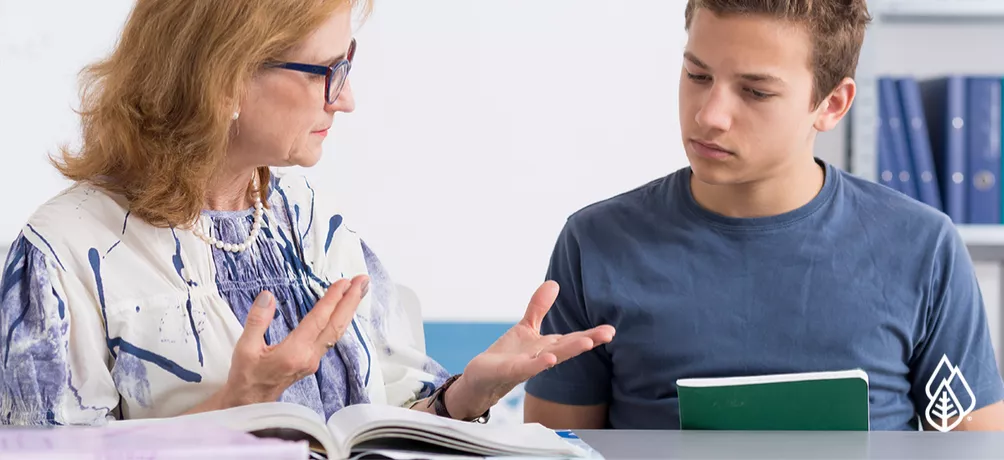Why Individualized Tutoring is More Effective Than Group Tutoring
By Dr. Raymond Huntington
You’ve seen several red flags, including a decline in grades and a poor report card. Maybe your child has asked you for homework help but you can tell your child has big skill gaps and you feel unequipped to help him or her close them. If you know your child could benefit from the help of a tutor, your next decision is what type of setting is going to be most effective: a one-to-one or group tutoring setting?
At Huntington, we are proponents of individualized tutoring for students for a variety of reasons:
- One-to-one tutoring programs are customized for each student’s needs. In a one-to-one tutoring session, the teacher determines what to cover based on the student’s specific needs and goals. The curriculum is designed to address each student’s challenges. Sessions are built specifically around the student.
- Students can’t get lost in the crowd. Just like in a classroom with many students, students in a larger group tutoring session can fade into the background by avoiding asking questions or engaging the teacher. Not so in an individualized tutoring program. Students get the help they need because they are the sole focus.
- The programs scale according to students’ growth. Because an individual tutoring session is designed around each student’s areas of weakness, there’s no risk of students getting left behind. Tutors will not move ahead to a new concept without ensuring their students master the essential building block skills first.
- Students learn more than just school skills. A quality subject tutoring program focuses on more than the academic skills your child needs for success. At Huntington, for example, we strive to help students boost their self-esteem and turn around any negative feelings they might have about school. Our goal is to help students become motivated self-starters who are confident in their abilities.
Signs it’s time for tutoring
So, when should you call Huntington? When the grades have fallen, of course, but here are several other signs your child needs personal tutoring help:
- Your child lacks study skills. Watch for sloppy or incomplete notes from class and a haphazard approach to nightly homework. Take note if your child seems to make things harder on him or herself by succumbing to distractions or failing to set up good habits during homework and studying.
- Homework takes way too long. Tasks that you know should be quick take a long time because your child gets distracted or easily confused. Observe how your child spends his or her time and how long it takes to get going when he or she sits down to do work.
- Your child doesn’t care. If your child once enjoyed school and now seems lazy and apathetic about the idea of learning, there might be something going on behind the scenes. There’s a reason for that lack of effort. You need to find out what it is.
- Your child’s typical nightly routine: avoid. If procrastination and avoidance have become the nightly norm, your child is probably be struggling with school material. Avoidance is easier than slogging through something difficult or asking for help.
Call 1-800 CAN LEARN to learn more about Huntington’s one-to-one student tutoring plans. We work with children of all ages to identify and target their areas of weakness so they can get back on track in school.


